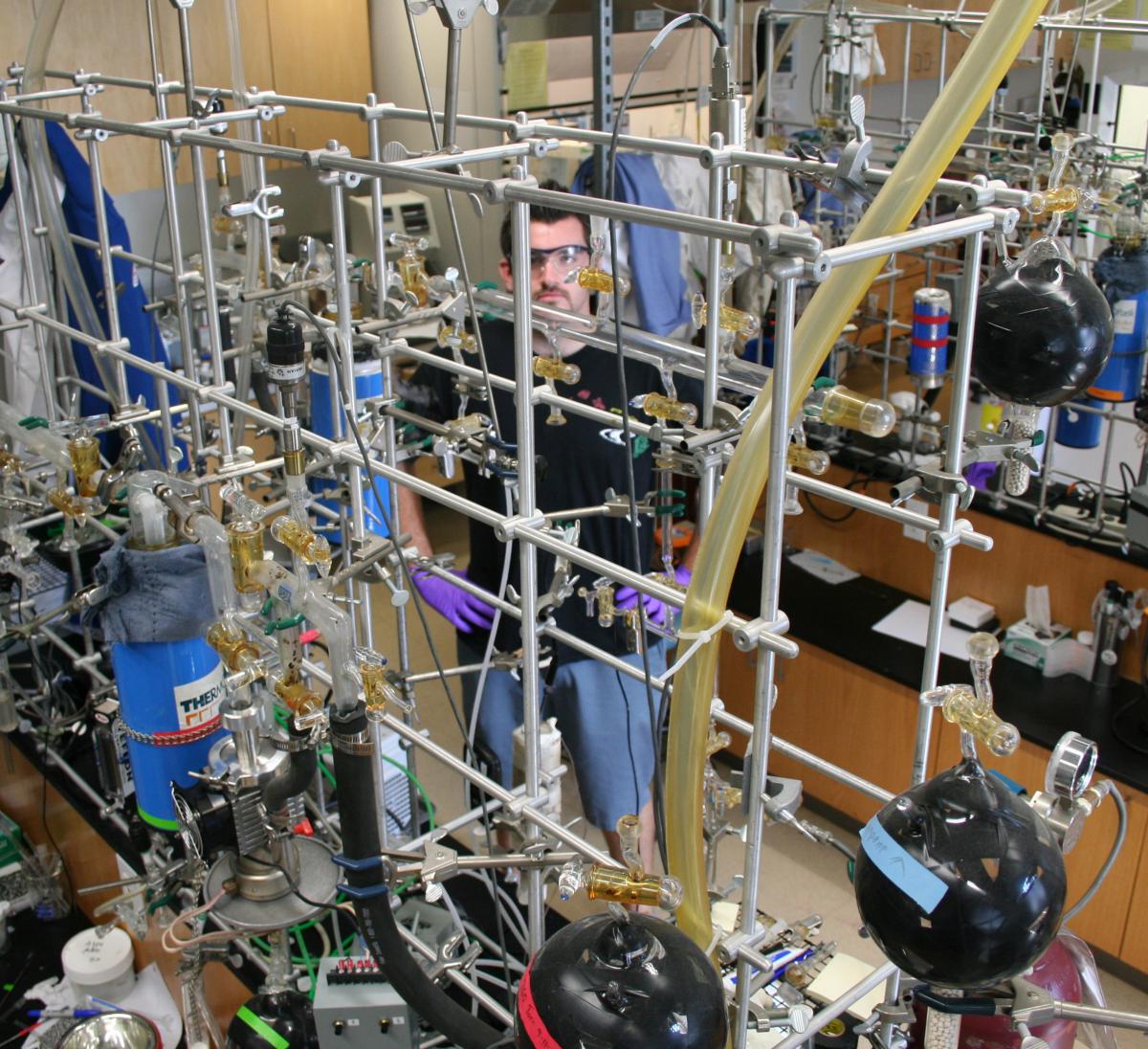
Graduate Admissions & Recruitment Chair
Faculty Graduate Advisor
Staff Graduate Advisor
Student Affairs Manager
The Ph.D. program in the Department of Chemistry and Biochemistry at UC Santa Barbara is structured to guide students through a comprehensive and rigorous journey of academic and research milestones. To assist you in navigating this process, we've developed a detailed timeline outlining the key requirements and deadlines from the beginning of your program to the completion of your degree.
Ph.D. Timeline Document - designed to keep you on track and ensure that you meet all academic and administrative requirements within the expected timeframe.
For additional guidance and support, you can also visit the these resources:
- Department of Chemistry and Biochemistry Graduate Handbook
- Graduate Division - Academic Services
- UCSB General Catalog
- FAQ's


